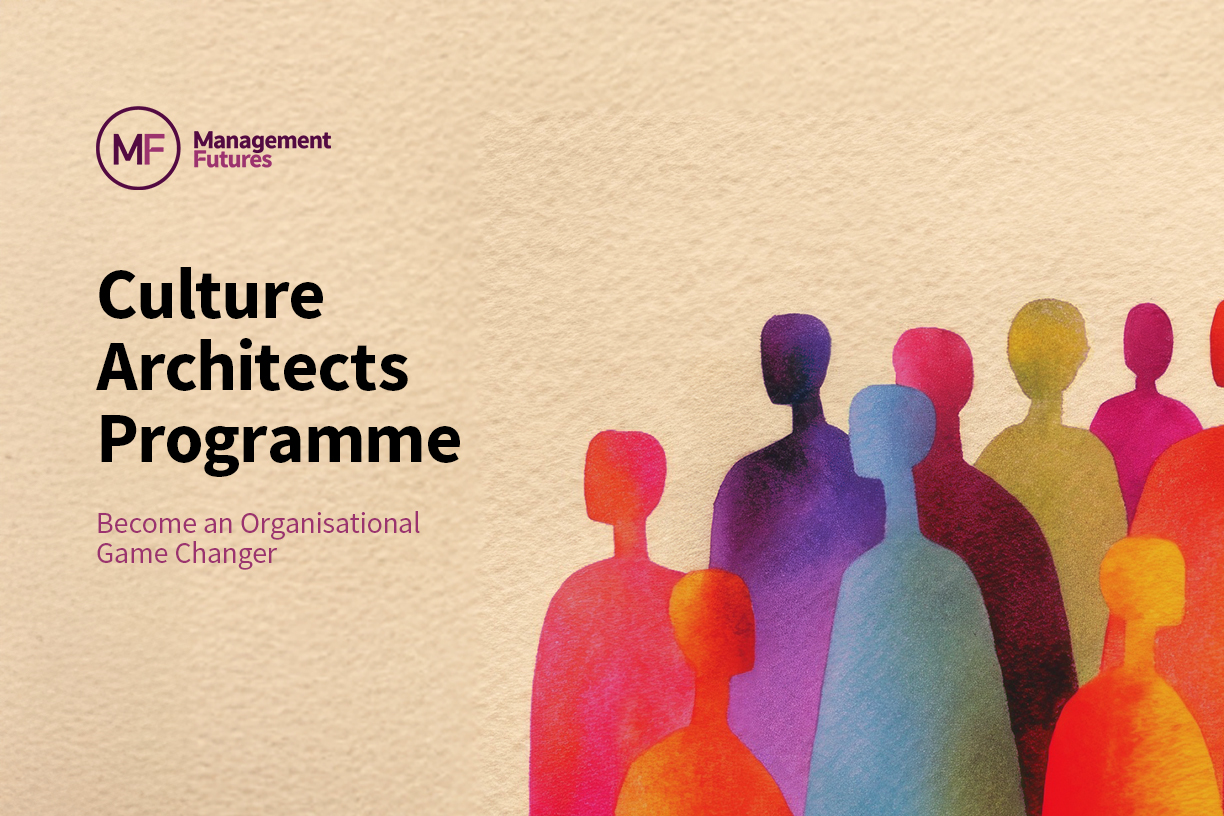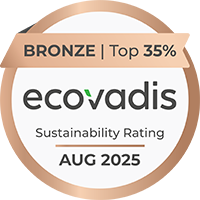Are you already a specialist coach, a generalist, an in-house coach, an established professional – or maybe you are just starting out on your coaching journey and not yet decided? MF's Tony Bett's explores a few of the advantages and possible disadvantages if you are considering promoting yourself as a specialist, or niche coach.
Before I offer my personal perspective, I should admit my own biases and share with you a glimpse of those experiences which have shaped my opinions. At the outset let me say that after having made a mid-life career change from a career in advertising and marketing, my choices have been largely driven by economic pragmatism, rather than idealism. Fortunately, since becoming a full time coach, these two aspects have run reasonably in parallel.
I have made my living out of “C-suite” executive/leadership and business coaching globally for more than 20 years. I have dabbled in life coaching, well-being coaching, sport coaching and even crisis coaching. For a time I was a Governor for the IAC (International Association of Coaches) and I have a 15 year professional membership with the Hong Kong International Coaching Community. I also opened my own coaching business in Hong Kong and Mainland China and serviced clients in South Korea and Singapore. I was awarded the title of Honorary Coach to The Women Chief Executives of South Korea. I have been a coach tutor on international certification courses, as well as a coach supervisor. I still maintain several long-term associations with leading suppliers of global executive coaching services - such as Management Futures. I still work full time as a coach - often as a subcontractor to other coaching organisations and sometimes under my own banner.
Clearly the coaching landscape has changed a lot in 20 years. Recently published statistics claim the industry grew by 62% just in the years 2019-2022 and is set to double in the coming six years. Much of this growth was fuelled by synchronised government lockdown policies which changed the nature of work for many of us – probably permanently. And with many thousands more lay-offs already announced by major organisations in 2024, its realistic to expect a substantial increase in new coaches entering the market over the next few years.
So is the demand for coaching services keeping pace with the growth in the number of coaches, or is the supply of coaches now outstripping demand in some sectors? Time will tell. Either way I foresee a downward pressure on fees in some areas, whilst other growth sectors, such as big tech, big pharma, renewable energy, some areas of medicine, leadership and well-being may well see premium rates being charged. In researching for this article I came across an interesting piece of research published by Luisa Zhou which offers some current stats and a greater insight into the size of the market.
Overview
- The coaching industry has grown 62% from 2019-2022
- The coaching market generates $4.564 billion globally
- Online coaching is expected to be an $11.7 billion market by 2032
- There are 109,200 coaches worldwide, a 54% increase from 2019
- There are 90+ different coaching disciplines and certifications advertised.
In 2024 you can qualify and work as a Life Coach, An Executive Coach, A Business Coach, A Personal Branding Coach, A Wellness Coach, a Relationship Coach, a Career Coach, A Coach for Doctors, an Ontological Coach, a Team Coach and many other specialisations. The choice of where you can find your niche is endlessly evolving. And you have a wide choice of business and social media platforms through which to promote yourself.
If you are drawn to a particular niche, one of the first considerations is where will you source most of your clients. Bearing in mind that most client engagements are relatively short lived, with between 4 and 10 sessions over a period of months probably being the norm. So you will need a steady stream of new clients, if this is to be a stable source of income for you.
If you are already well known in a particular field and you want to add coaching to your skills, it would probably be a good idea to promote your offering into that sector. For example several of my colleagues come from a medical background and capitalise on this by promoting coaching services to other healthcare professionals. The same may be true if you have a sporting or entrepreneurial background. If people already know and respect you for your achievements, they may well seek you out specifically for your experience and knowledge.
But now that we operate in a global market, does our network and reputation extend geographically? Culturally, there may be huge differences even within the same sector, or industry. So if we depend solely on our background experience, reputation, or local network, we could end up with an insufficient flow of new clients.
And if you are well known, you may be attracting people because they view you as an “expert” in your field and what they may really be looking for is advice. And that is a tough one, as ostensibly one fundamental differences about coaching is the principle of not giving advice. Clients who don’t truly understand this need careful handling contractually - if you don’t want to end up with a disappointed client, or worse still a lawsuit claiming that your advice lost their company money.
As the Chinese saying goes “Every coin has two sides” in this case, the potential advantage of your perceived industry knowledge could become a liability if you fall into giving expert opinion, or the advice-in-disguise trap...
So can you be a “pure coach” and go into situations, or businesses with minimal prior knowledge or experience? Can you effectively apply your listening and questioning skills and get meaningful results for your clients? Yes! I have proven that for myself many times. By applying your coaching skills and principles it is often enough to navigate the client’s world without bringing your own maps. The skills taught in good coaching courses, like the well established Management Futures ICS course, have multiple uses across many interpersonal situations. If you can really listen and hold a space for your client and explore the real issues and outcomes they truly want, you can do great coaching without previous sector, or industry experience. But its not so easy to promote your abilities if you are up against a seasoned coach with a strong reputation in the required area.
That said, going into a coaching assignment with prior industry knowledge can sometimes be a plus and arguably may build trust faster. The downside being that it’s hard to leave your own experiences and biases behind and not start using questions to filter and direct the conversation into areas where you feel you can be most helpful.
In my experience the most reliable way to counter this tendency is by being very self aware and keep checking your motives.
So to sum up, what is my personal opinion on specialist, or niche coaching? I think its good to have a specialism that people can associate with you – provided it has transferability. What I mean by that is, for example, if your specialist area is cross cultural communication, that skill easily migrates across many industries, sectors and countries. My own specialism Artofnotdoing gave me access to markets and networks which I may never have penetrated. Once client relationships were established, I was able to build my reputation within the organisation and extend into other coaching areas.
Without a signature piece that gives you a perceived added value – or access to a network of professionals who share your specialist interest, you could end up as just another voice in the ever growing coaching choir.
Maybe it doesn’t have to be one or the other? Maybe you can be both a specialist when its useful to build a brand and get noticed and at the same time be a generalist when it pays the bills?
I heard a great saying recently: “Follow your passion – If they are hiring!”
That about sums it up for a pragmatist.
With that in my mind I wish anyone who managed to get to the end of this article the very best of luck.








